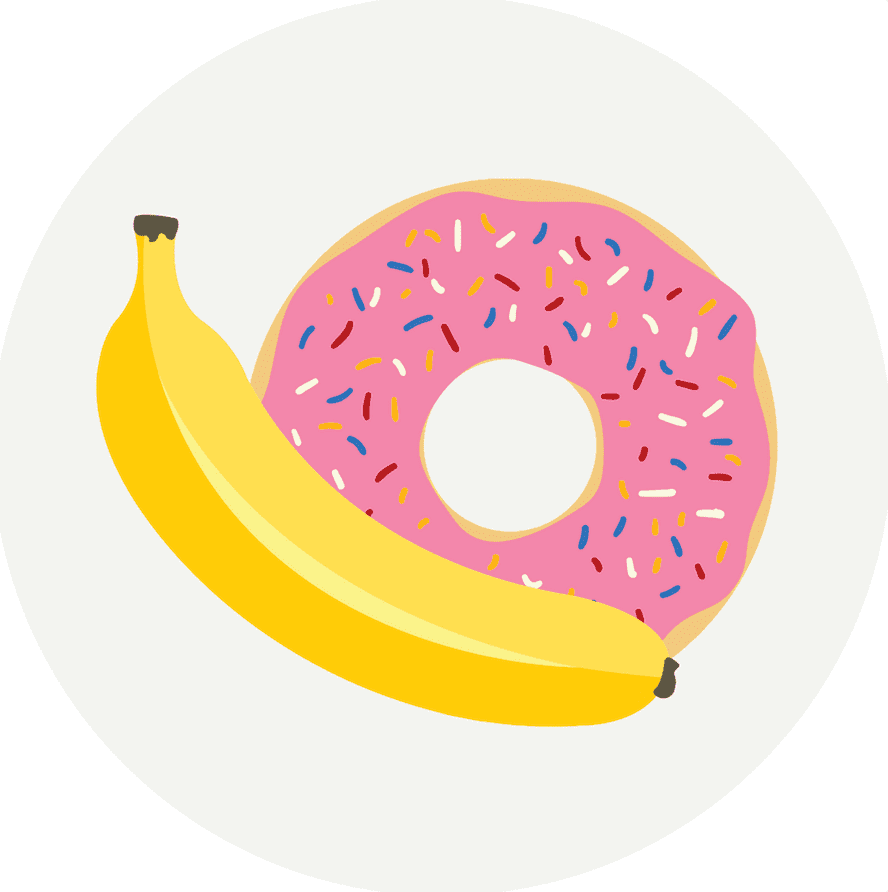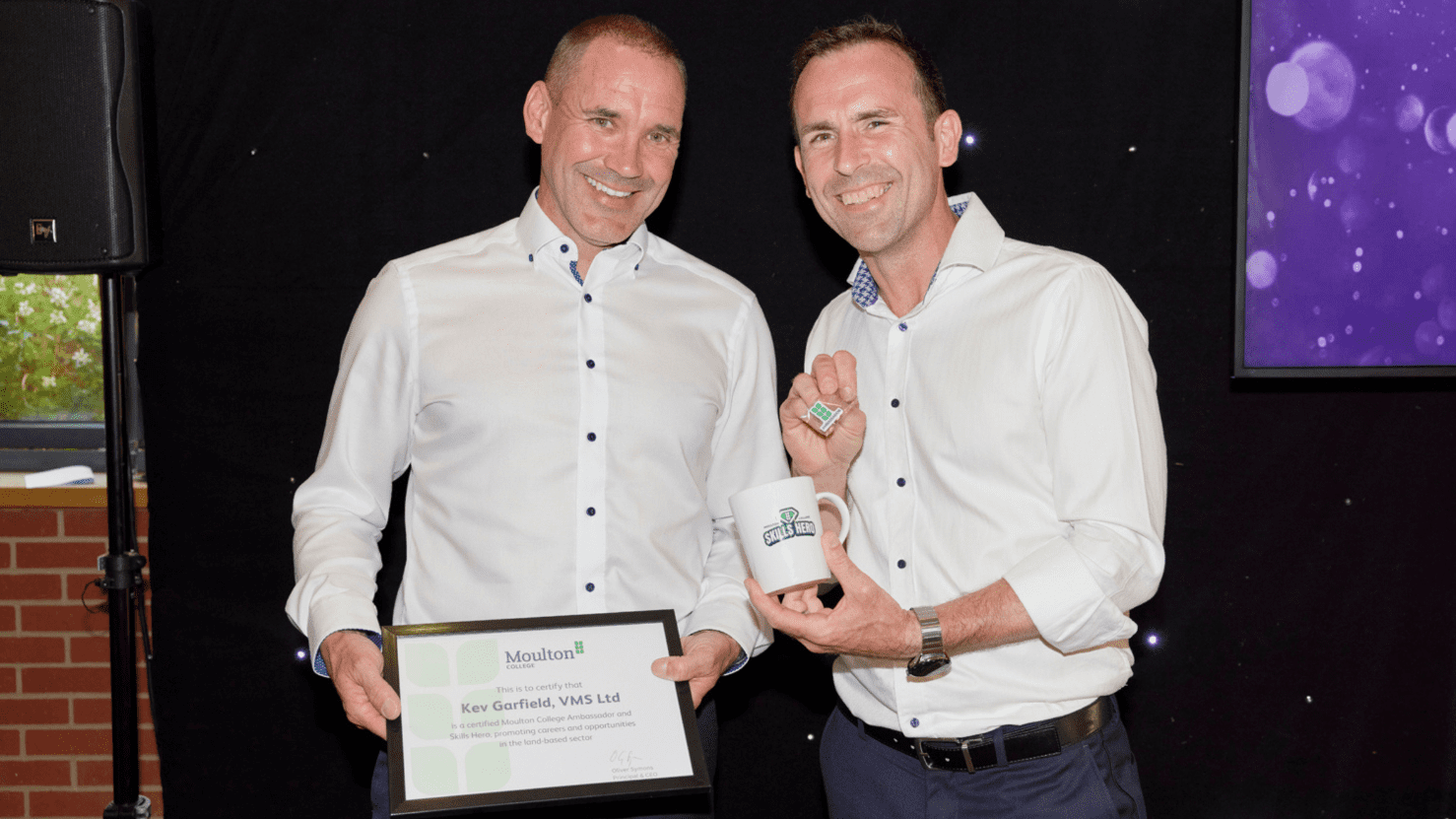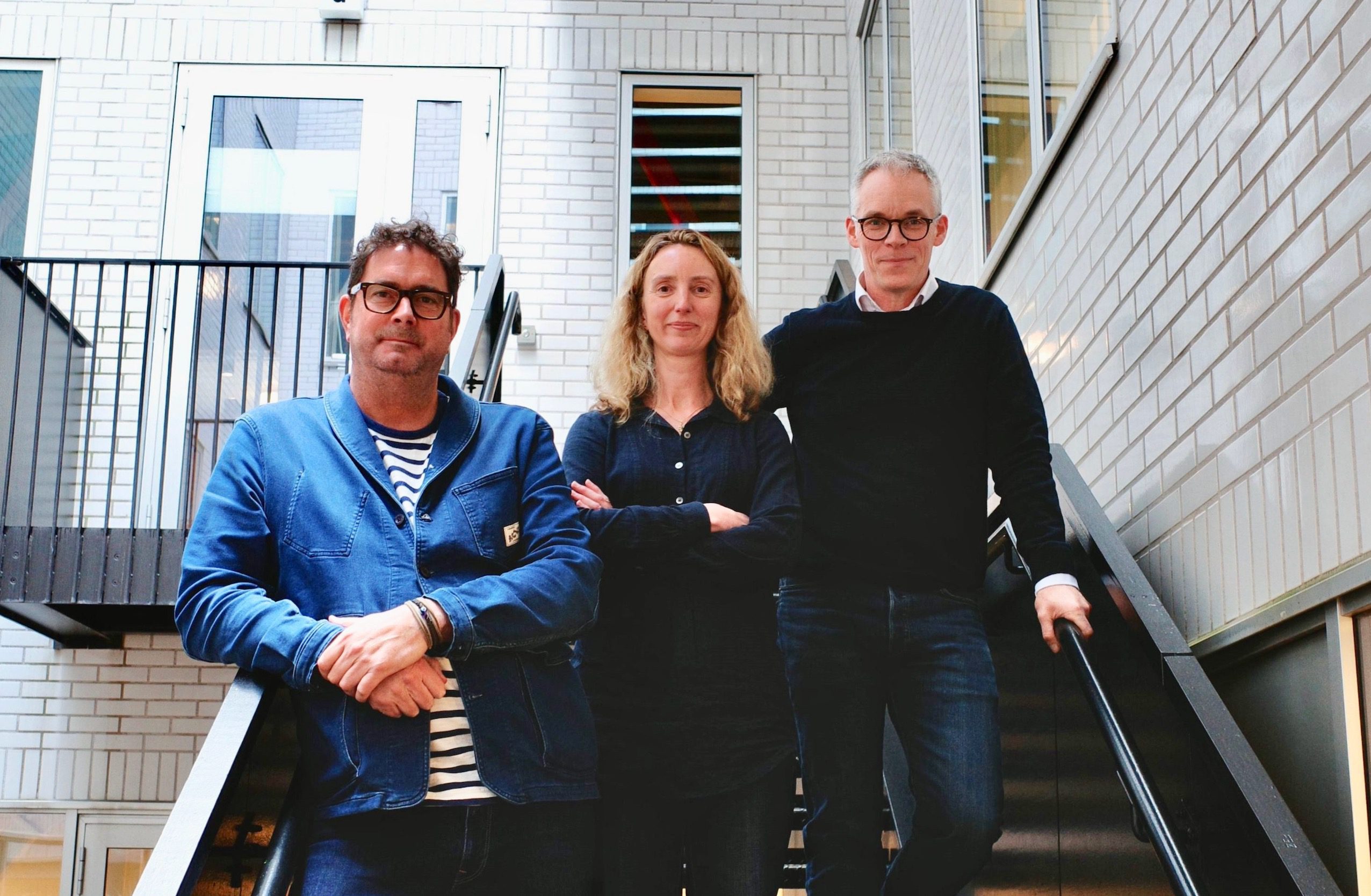Yes, you read it right. We can all use bananas and doughnuts to help us manage our wellbeing.
This doesn’t mean we should run to the shops and buy all the fruit and treats we can, it’s simply a useful metaphor and methodology for managing our wellbeing and mental health.
Let’s start with what these terms mean.
Wellbeing is how comfortable, happy and healthy we are. It’s broader than just how we feel day to day. Unfortunately, there is usually something that interrupts this, whether that’s family life, work stressors or internal battles we face. When it comes to our wellbeing, there are five scientifically proven behaviours that make us well.
- Move – getting our bodies moving
- Focus – calming behaviours
- Discover – accomplishing something new
- Communicate – face to face relationships
- Help – volunteering to support someone or something
Enabling these behaviours can help to form a successful wellbeing strategy across any organisation and can help individuals manage their wellbeing and mental health.
Mental health and wellbeing are closely connected. In fact, mental health is a state of our wellbeing and determines how we deal with different situations.
For example, we can line up 10 people from different walks of life and they will all have very different ways to manage an angry customer. This will be determined by their mental health and their mental health is determined by what they are doing for their wellbeing.
If we take managing anger. We know that to move/exercise is good for us, but what does it really do for our mental health as a result?
When we move, the hippocampus, the control centre for emotions, is regenerated through cell growth called neurogenesis. About 20 minutes of walking kicks this process off. You may notice in yourself or others that if work or life gets in the way of an exercise routine, that person may start becoming more irritable, snappy and be less in control of their responses to different situations.
Each one of our wellbeing behaviours does something different for us and our mental health. They only need to be small, like a lunchtime walk or walking meeting to have a positive impact and great outcomes, but consistency is key. It’s when they are interrupted, we see these negative changes. Like grabbing a banana as you leave the house, it’s not going to interrupt your day, the rest of your meals but over two weeks, it’s only going to make you healthier.
But where do doughnuts come in?
Doughnuts are our indulgent, replacement behaviours when work or life gets in the way.
For example, you’re absolutely dead set on going to the gym. But, there are deadlines at work and you stay late, once you get home you do the worst thing possible… sit on the sofa and start scrolling. No chance are you getting to the gym now!
The sitting and scrolling are your doughnuts. Indulgent, temporary gratification that replaces what your wellbeing needs.
Now, we all like a doughnut, and by all means shouldn’t feel guilty for it. However, just like our bananas, how would you feel after having a doughnut every day for weeks? Probably sluggish, unmotivated, your health may change. Let’s say six months down the line you have had 180 doughnuts. Are you going to tell someone? Probably not. Symptoms of poor mental health and stigma has set in.
The bananas and doughnuts are a simple management tool for our mental health and wellbeing and can be the basis of a successful wellbeing strategy to enable people across organisations to support each other to achieve wellbeing.
Arthur Ellis runs Banana and Doughnuts workshops for any business that supports the not-for-profit, with proceeds going to Arthur Ellis’s charitable arm, delivering mental health support sessions for children and young people.
To find out more about the methodology, or set up a Banana and Doughnuts session, contact hello@arthurellismhs.com or visit the website here
Jon Manning
Founder
Arthur Ellis Mental Health Foundation




















